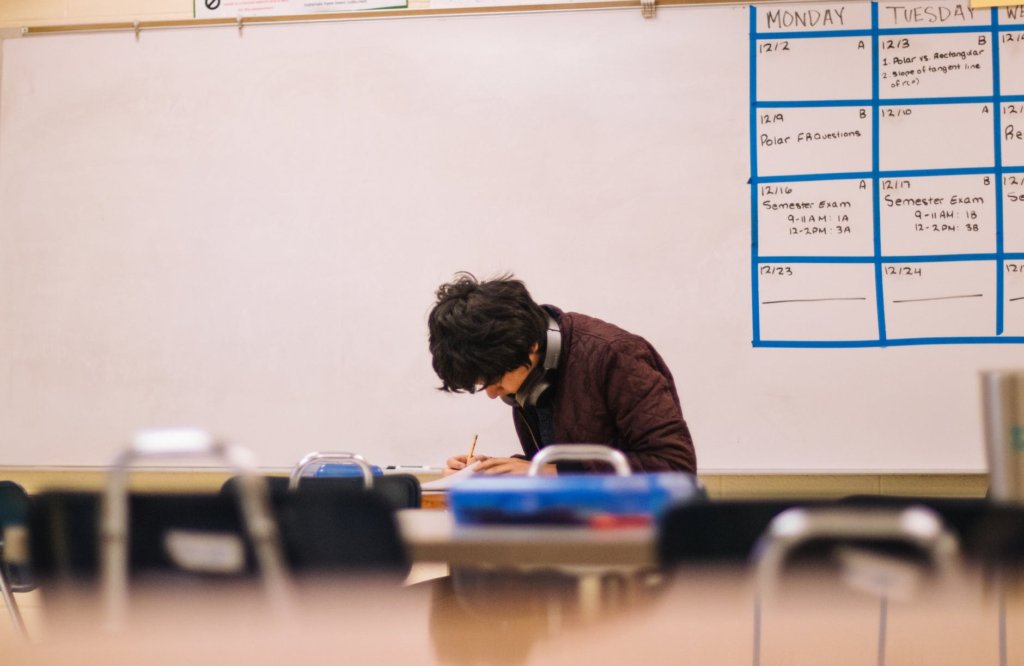HOW TO IMPROVE LONG-TERM RETENTION IN MEDICAL SCHOOL
Most times in medical school, information comes at you faster than you can handle. In fact, you will consistently be overwhelmed by the ridiculous amount of material you’re expected to study in short periods of time. For some reason, a few weeks after that really serious test or exam, you find yourself unable to retrieve most of the information you thought you had mastered.

In order to create long-term memory in medical school you need to create a system that challenges you to learn intentionally so you can reach for those perfect scores and still be the effective student you always wanted to be. This entails consciously clarifying to understand, committing to memory and a dedicated approach to active recall and spaced repetition.
1. UNDERSTAND: Information that makes a lot of sense sticks better because it’s easier to understand. Therefore to solidify a concept in memory, the first step will be to understand. Try to figure out how things work and why they occur the way they do. Ask numerous questions and then connect with previously existing information.

2. MEMORISE: Like you don’t remember a lot from those boring days in your life, it’s difficult to recall insignificant information. If a detail is really important and you can’t seem to understand it perfectly, then you should create memory triggers for it.
Think of it like a story with specific faces and funny expressions; you can create silly stories and connect them with the information you want to retain. The more ridiculous or shocking this image is, the more likely it is to stick.
You can also try out the following strategies if you have trouble memorizing at first glance. However you must use them sparingly and know exactly when to apply them. In fact, the point of using these memory techniques is so you no longer have to use them at some point.

▪︎MEMORY JOURNEY (Method of Loci): This is simply a strategy about spatial memory and location i.e storing information in a specific area of your mind by making a journey through a familiar place or route. It’s a mind metaphor for an area you can easily visualize like your room, childhood home, neighbourhood or school.
It can also help with dividing a large set of information into smaller bits or even to remember a list of information accordingly (mapped-out locus i.e A-B-C-D). For example, you could go from the kitchen to the laundry to the bedroom within a house or from the table to the bed to the wardrobe within a room.
▪︎MNEMONICS: This can be an acronym, poem, rhyme, image or song created to trigger a piece of data. Mnemonics should also be memorable or crazy to some extent so you don’t forget them too. When you create a mnemonic, for example for a list of disease symptoms, you can also imagine someone with each of those symptoms to further solidify the memory.

Part of using mnemonics is chunking. This is when you break down larger pieces of information into smaller chunks with the aim of simplifying it. With the symptoms, you could also try grouping them either by the location of affected organs or simply by how they are related.
Extra tips:
●Avoid rote memorisation (cramming) at every cost. Remember you are trying to create a system that challenges you to learn intentionally.
●Put all of your information in one place. You can create paper binders or digital folders for each course, so you can access it anytime.
●Don’t make long, detailed pretty notes. They aren’t necessary and actually give a false sense of hard work and satisfaction.
3. ACTIVE RECALL AND SPACED REPETITION: Check out next week’s blog post to see how you can incorporate these proven studying strategies to ultimately create that long-term memory and thrive in medical school.
Also, let me know in the comments which of these techniques you already use and which ones you will try out.




I’ll try out Mnemonics😁
Really helpful information,, thanks
Understanding and memorizing has appeared helpful in past days. I long forward to using all learning techniques.
Wow.
Recently, I have seen that understanding is really an effective way of storing information.
I will really love to try out the Method of Loci. It seems like fun!
Thanks for the reminder…I’m hoping to be more intentional about incorporating them.